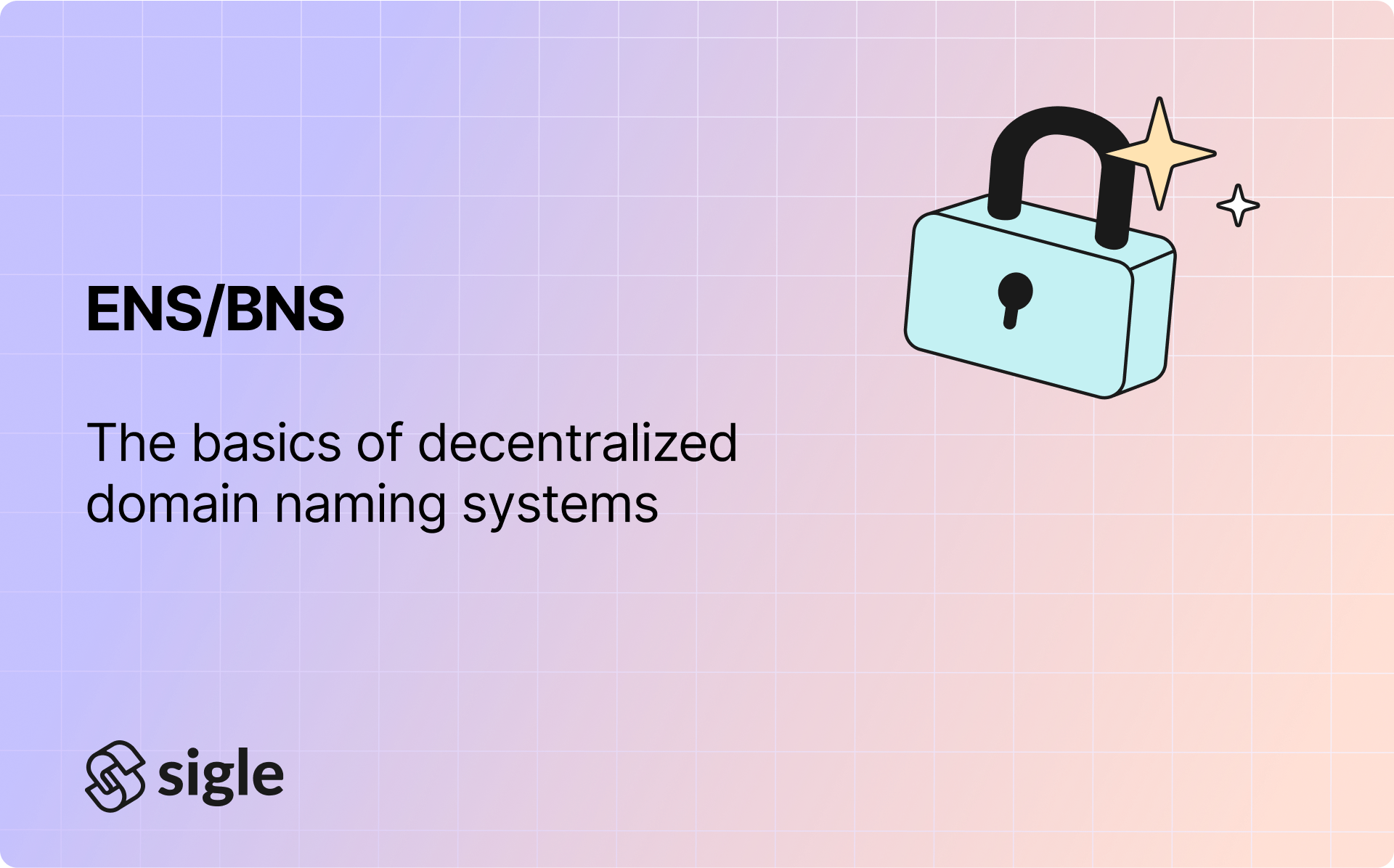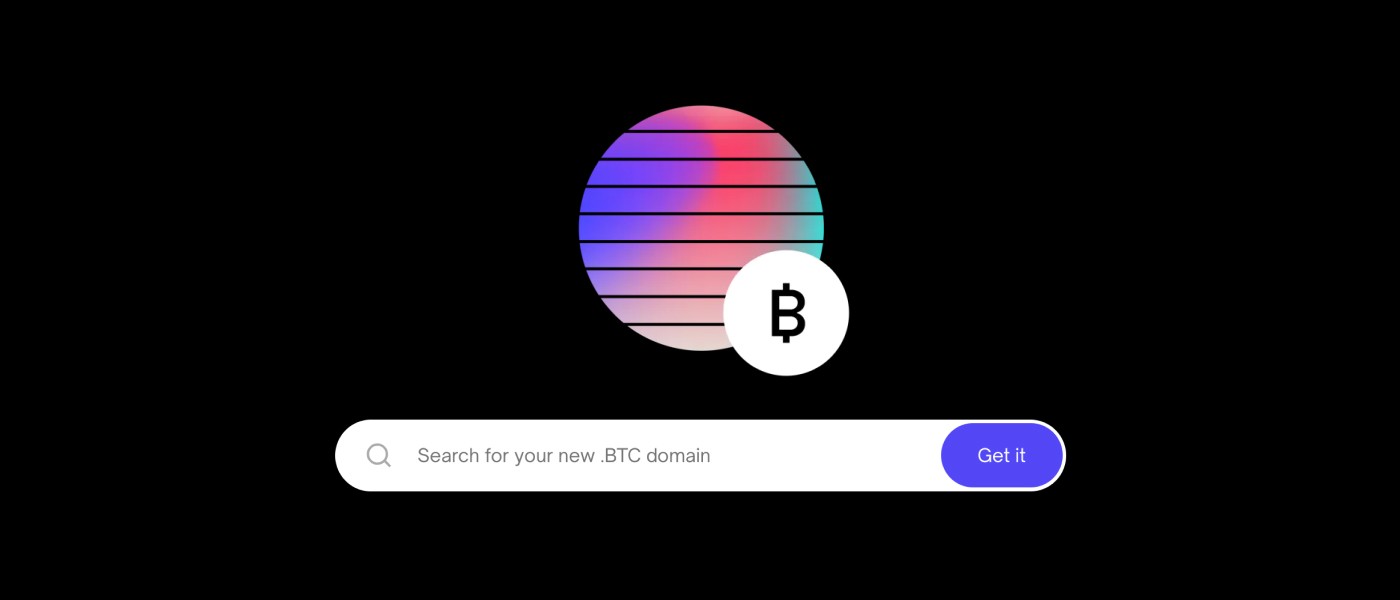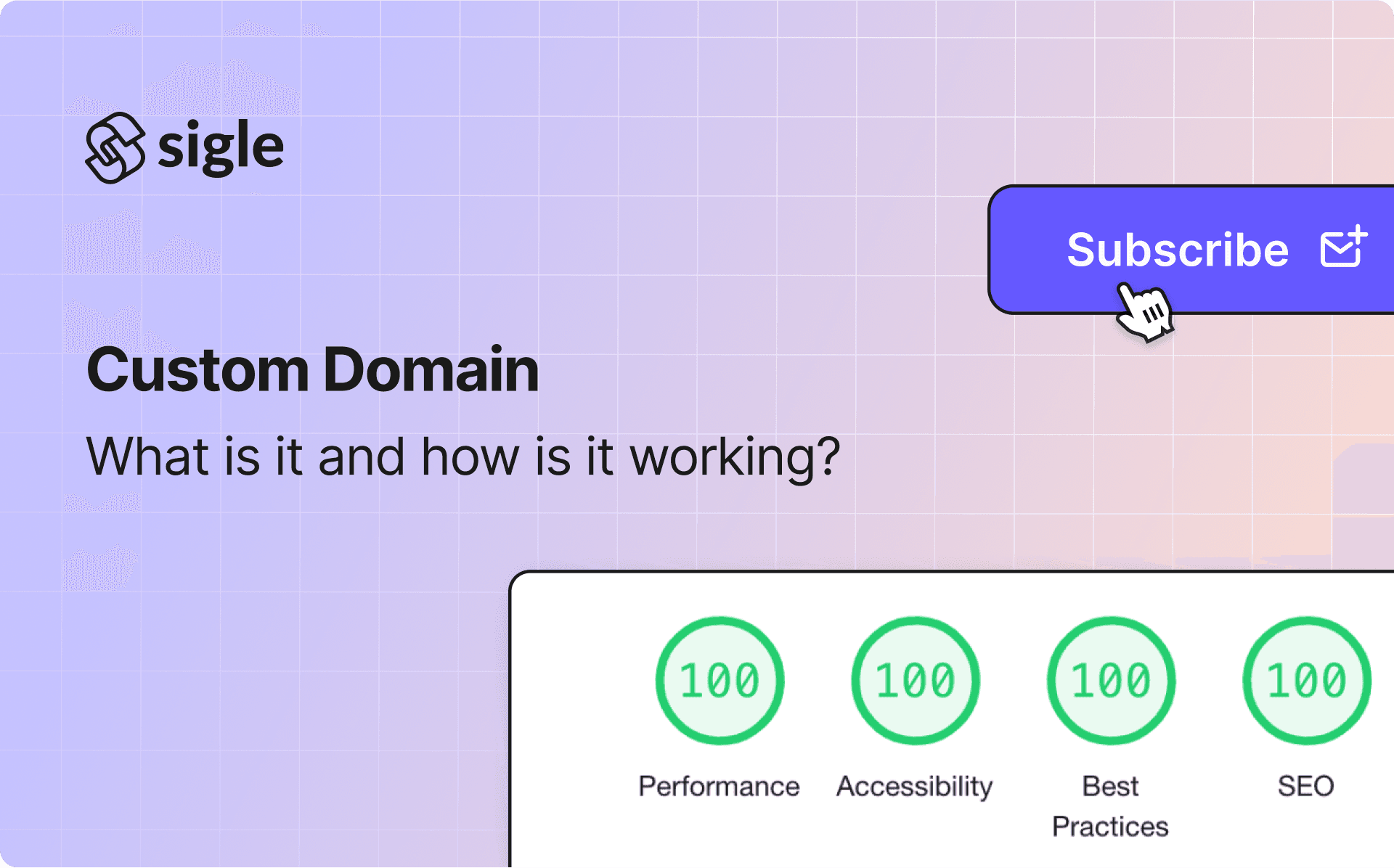Understanding the basics of decentralized domain naming systems

BNS (Bitcoin Naming System) - Securing Your Online Content on Web3
BNS (Bitcoin Naming System) is a decentralized naming protocol built on top of the Bitcoin blockchain. It provides a way to register human-readable names, such as domain names, and map them to cryptographic identifiers, such as Bitcoin addresses.
BNS is a part of the Web3 ecosystem, which is a decentralized web that aims to provide users with more control over their online content and data. With BNS, users can register their domain names in a decentralized way, without relying on a centralized authority. This means that there is no single point of failure and the system is more secure and resilient against attacks.
One of the main advantages of BNS is that it allows users to own their data and control the content associated with them. This is in contrast to the traditional domain name system (DNS), where users have to rely on centralized authorities to register and manage their data. With BNS, users can also transfer ownership of their domain names to others in a secure and transparent way.
It also provides a way to prevent domain name hijacking and censorship. By using cryptographic identifiers, BNS ensures that only the owner of a domain name can modify its content. This makes it much harder for attackers to take over a domain name or modify its content without the owner's permission.
BNS help users securing online content on the Web3. By providing a decentralized naming system, BNS gives users more control over their online identity and content, and helps to prevent censorship.
BNS? ENS? What’ the difference?
BNS (Bitcoin Naming System) and ENS (Ethereum Name Service) are both decentralized naming protocols that allow users to register human-readable names and map them to cryptographic identifiers. However, there are several key differences between the two systems.
One of the main differences between BNS and ENS is the blockchain they are built on. BNS is built on top of the Bitcoin blockchain, while ENS is built on top of the Ethereum blockchain. This means that BNS uses Stacks addresses, while ENS uses Ethereum addresses.
Another difference between the two systems is the way they handle domain name ownership. In BNS, domain names are owned by Bitcoin addresses. This means that users can transfer ownership of their domain names by transferring ownership of the associated Bitcoin address. In ENS, domain names are owned by Ethereum addresses, and ownership can be transferred by signing a message with the private key associated with the Ethereum address.
A third difference between BNS and ENS is the way they handle domain name resolution. In BNS, domain name resolution is performed by the Bitcoin network, while in ENS, it is performed by the Ethereum network. This means that BNS is more tightly integrated with the Bitcoin ecosystem, while ENS is more tightly integrated with the Ethereum ecosystem.
Both BNS and ENS are significant tools for securing online content on the Web3. Though they differ in several aspects, they both enable users to register human-readable names and link them to cryptographic identifiers in a decentralized manner, effectively preventing censorship and increasing security of the user data.
Advantages of Using Decentralized Naming Systems for Blogging Platforms

Using a decentralized naming system like BNS or ENS in a blogging platform like Sigle provides several advantages over the traditional email/password login system.
Firstly, users can register their domain names in a decentralized way, without relying on a centralized authority. This means that there is no single point of failure and the system is more secure and resilient against attacks. Unlike traditional login systems where the website owner stores the user's email and password, BNS and ENS allow users to own their domain names and control the content associated with them.
Moreover, by using cryptographic identifiers, BNS and ENS ensure that only the owner of a domain name can modify its content. This makes it much harder for attackers to take over a domain name or modify its content without the owner's permission. Your content is more secure and cannot be censored by the platform itself.
Lastly, using a decentralized naming system can help prevent data breaches. With traditional login systems, if a website's database is hacked, an attacker can gain access to all the usernames and passwords stored in it. With BNS and ENS, users control their own domain names, and so there is no central database that can be hacked.
Using BNS or ENS in a blogging platform provides a more secure and decentralized way for users to manage their online identity and content. It eliminates the need for a centralized authority to manage user accounts and provides greater control and ownership to the users.
How to Buy Your First BNS or ENS Tokens and Register a Domain Name?

To buy your first BNS or ENS, you will need to follow a few steps:
First, you will need to create a digital wallet that can hold BNS or ENS tokens. There are many different wallets available, but some popular options include MetaMask and Rainbow for ENS, Hiro Wallet and Xverse Wallet for BNS. You can choose the wallet that best suits your needs and preferences.
Once you have created your wallet, you will need to purchase some $STX (Stacks) to get a BNS and some $ETH (Ethereum) for the ENS. You can do this on a cryptocurrency exchange, such as Binance, Coinbase or OkCoin. Make sure to choose a reputable exchange and follow their instructions for purchasing and transferring tokens.
Once you have purchased your tokens, you can transfer them to your digital wallet. To do this, you will need to provide your wallet address to the exchange and follow their instructions for transferring tokens.
With your tokens in your wallet, you can now use them to register your domain name on the BNS or ENS network. To register a name, you will need to use a compatible marketplace or register such as ENS Domains or BTC.us. Make sure to follow the instructions carefully and store your private key or seed phrase in a secure location to protect your tokens and domain name.
Subscribe to the newsletter
Read more

SEO Tips: How to Optimize your Sigle Blog Articles for Google?
Sigle.io is a platform that allows writers, content creators, NFT projects and more to publish their content and build their audience in a decentralized way. However, creating quality content alone is not enough. You must optimize your articles for search engines to rank higher, to have the chance t...

Meet the Author: Flor Peña
The "Meet the Author" interview series was created to share inspiring stories from independent writers and Web3 project founders who write on Sigle. From creating an NFT collection from scratch, to the pitfalls to avoid when starting a Web3 business, they give you their advice and opinions on the w...

What is Sigle Custom Domain feature and how is it working?
In the world of blogging, your digital presence is crucial. One of the most effective ways to improve your online visibility and credibility is to use a custom domain blog. In this comprehensive guide, we'll look at what a custom domain blog is, its benefits, its impact on SEO and how to set up a su...